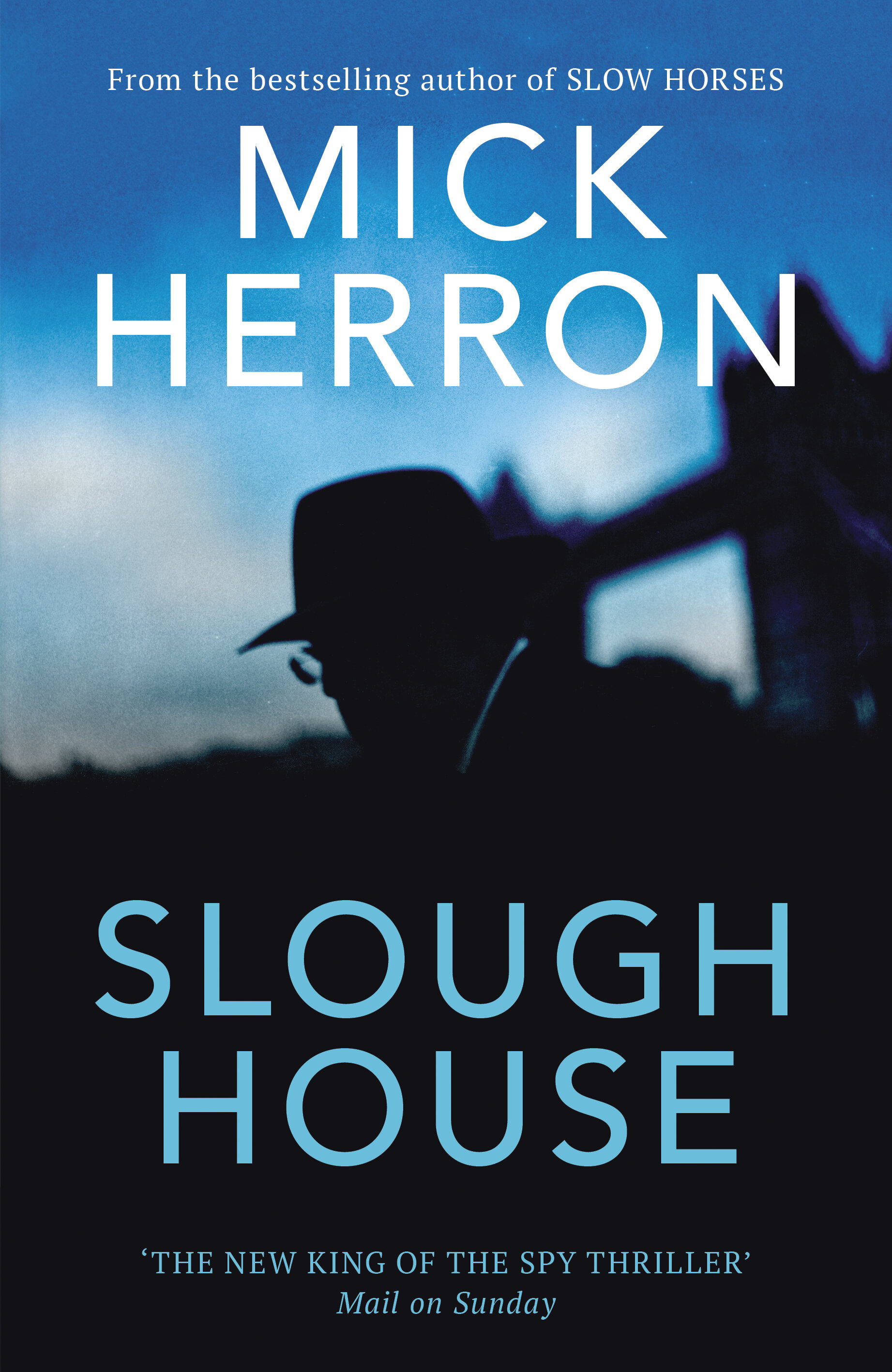Mick Herron has been called ‘the John le Carré of his generation’ by the crime writer Val McDermid, and in the 11 years since the first of his ‘Slough House’ novels appeared they have become a best-selling phenomenon. Herron echoes le Carré’s horror at Brexit, which in this latest instalment is only referred to as ‘You-Know-What’. Slough House is, in fact, nowhere near the Berkshire town but an office building close to the Barbican, and no less drab for it. This is where a bunch of ‘slow horses’, spies who have blotted their copybooks in various ways, nominally work.
Herron has said: ‘Failures are more interesting than successes: they have all that regret, they act out, they feel thwarted and frustrated, not fun to live but great fun to write about.’ He certainly appears to be having great fun in Slough House, the seventh novel in the series, and his enjoyment is rarely at the expense of the reader’s. But he occasionally overdoes it in his portrayal of Jackson Lamb as the most flatulent and misanthropic of the slow horses.


